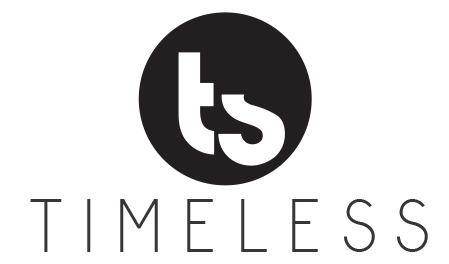Social Security recently announced that the cost-of-living adjustment (COLA) in 2019 will be the highest since 2012. Next year’s benefit increase of 2.8 percent is significantly higher than 2018’s 2 percent raise. In fact, other than 2012, there hasn’t been an increase of more than 2 percent in the past 10 years. There weren’t any COLA increases in 2010, 2011 or 2016.1
The 2019 COLA may be welcome news for seniors who are struggling to keep up with rising costs for groceries, energy and much more. Social Security offers COLA increases to benefits to help recipients keep up with inflation. The COLA amount is based on a broad version of the consumer price index (CPI).
Why the COLA May Not Be Sufficient for Seniors
An increase in Social Security benefits is always good news. However, there are a few reasons why even a 2.8 percent increase may not be enough to help seniors keep up with rising prices.
First, for many retirees, Social Security makes up only a portion of their overall income. Since the COLA increase only applies to Social Security benefits, it doesn’t mean retirees are getting an overall increase in income. If you receive income from a pension or investment distributions, you may need to take other steps to keep up with inflation.
There’s also debate about how Social Security examines costs such as housing and health care to calculate COLA. Social Security uses the CPI-W, or consumer price index for urban workers, to estimate COLA.
The problem is that the CPI-W tracks costs for workers, not for seniors. Many retirees face different costs than the average worker faces. For instance, retirees may have increased health care and housing costs. The CPI-W doesn’t weight those areas heavily, so it may not be an accurate gauge for retirees.
Tips to Keep Up With Inflation
The good news is there are other steps you can take to manage your exposure to inflation and protect yourself against rising costs. One is to maintain a balanced approach and not become too conservative in your strategy. You’ll likely need some level of growth. That often means taking risk.
However, you may want to talk to a financial professional about tools that can generate increasing income and minimize risk exposure. For example, you can use an annuity to generate a guaranteed* income stream and potentially increase over time. Often, the annuity is guaranteed* for life, regardless of market performance.
You also may want to look at long-term care insurance with an inflation protection rider. Long-term care can be a sizable expense, and it usually isn’t covered by Medicare. Also, costs are rising every year, often at a higher rate than inflation. An insurance policy in which the benefits are aligned with inflation could help you keep up with rising costs.
Ready to develop your retirement inflation strategy? Let’s talk about it. Contact us at Timeless Solutions today. We can help you analyze your needs and implement a plan. Let’s connect soon and start the conversation.
1https://www.ssa.gov/cola/
*Guarantees, including optional benefits, are backed by the claims-paying ability of the issuer, and may contain limitations, including surrender charges, which may affect policy values.
Licensed Insurance Professional. This information is designed to provide a general overview with regard to the subject matter covered and is not state specific. The authors, publisher and host are not providing legal, accounting or specific advice for your situation. By providing your information, you give consent to be contacted about the possible sale of an insurance or annuity product. This information has been provided by a Licensed Insurance Professional and does not necessarily represent the views of the presenting insurance professional. The statements and opinions expressed are those of the author and are subject to change at any time. All information is believed to be from reliable sources; however, presenting insurance professional makes no representation as to its completeness or accuracy. This material has been prepared for informational and educational purposes only. It is not intended to provide, and should not be relied upon for, accounting, legal, tax or investment advice. This information has been provided by a Licensed Insurance Professional and is not sponsored or endorsed by the Social Security Administration or any government agency.
The material is not intended to be legal or tax advice. The insurance agent can provide information, but not advice related to social security benefits. Clients should seek guidance from the Social Security Administration regarding their particular situation. The insurance agent may be able to identify potential retirement income gaps and may introduce insurance products, such as an annuity, as a potential solution. Social Security benefit payout rates can and will change at the sole discretion of the Social Security Administration. For more information, please consult a local Social Security Administration office, or visit www.ssa.gov
18149 – 2018/10/17

